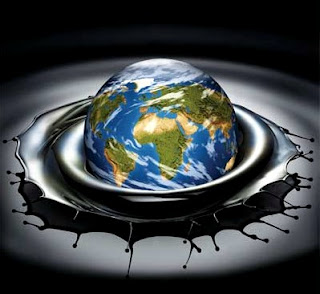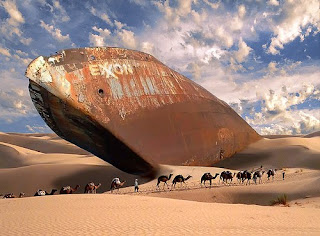I shared a copy of this video with a friend in Japan earlier today.
Prof. Jeffrey Sachs of Columbia University on the Obama Budget
I received his reply, and it was much more interesting and insightful than I had hoped it would be. Certainly a perspective that I have heard in none of the US based commentary today, a much longer term and more strategic view.
I am sure there are plenty of problems which Japan faces that we could discuss. It has an aging population, very low birth rates, heavy dependence on imports, and a weak military capability. Its ability to attract and successfully assimilate immigrants is a challenge. Every country has problems.
I am not quite sure I know the answers about peak cheap oil. But what I think I know is that the challenge to the US is an inability or an unwillingness to think and execute strategically, ie. long term, in non-military matters. I believe this is a result of its system which is heavily oriented towards short term economic incentives, regional military conflicts, and financial speculation.
The idea that you would allow what are essentially short term financial speculators to make important public policy decisions with far-reaching, long term consequences seems unusual or even lunatic in most parts of the world, and is certainly not a trend in historically successful organizations.
Within the metrics of energy and infrastructure, the US government is playing checkers in a game of Go. Its greatest leverage now appears to be an ability to kick over the global economic playing table in an act of self-destruction. And that threat is wearing thin.
A Japanese perspective on the US budget:
"Unfortunately, the risk of the whole ponzi scheme crashing sooner rather than later is going way up, rapidly.
They want the dollar to go down by 40%, but I think they are going to lose control, and they might wind up with a 90% panic drop in a few months.
As I said, Japan, around 1995, went into a full peak cheap oil panic. A lot of the government borrowing went to what is characterized as "building bridges to nowhere", but I would characterize it as building some bridges to nowhere, building some airports in nowhere, and fixing the entire rail and road infrastructure of the country.
All the bridges and tunnels have been steel plated reinforced, all the bridges are in perfect repair, and the Shinkansen system will next month be extended all the way from Aomori to Kagoshima.
In other words, I think they knew this 15 years ago and did everything that requires a lot of energy, such as steel, asphalt, cement, and completely the public transit infrastructure. The per capital floor space in Tokyo was doubled.
So, if we really do have a decade of serious energy problems coming, Japan has become about as energy efficient as it can be, with further improvements coming as appliances are replaced, etc.
The US has done nearly nothing, although I did note that the gasoline use declined by 7% in one year. There really is a lot of squandering going on. Now, however, the US needs to completely reconstruct its infrastructure, and it doesn't have the money or energy to do it.
This is why I have thought for more than a decade that the trigger for a really nasty collapse of the dollar would be peak cheap oil.
Do they realize that if the dollar drops by half that oil becomes $200 a barrel? Gasoline would be over $5, and the country would be paralyzed. If the dollar drops more than that, the existing infrastructure would become nearly useless and worthless.
I am afraid that the US has already passed the point of no return. Had the cheap oil continued, the ponzi could have continued for a good while longer.
I think the realization that the cheap oil is gone is the primary motivation for the smash-and-grab behavior we are seeing in the US."
Perhaps, and it might also be the rationale for the increased military presence surrounding the largest known cheap oil reserves in the world.
































